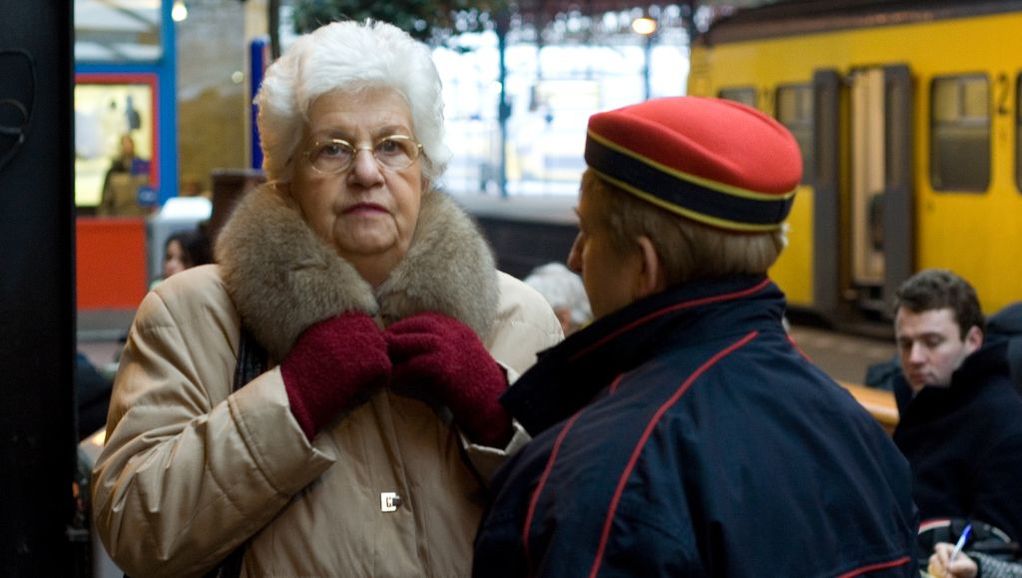Okay, so if you’re a born-again believer, you’re probably happily envisioning heaven or are at least adding “if the Lord tarries” to the question. And if you’re not, and you’re over 40, you may be counting on moving in with your children or enjoying a living arrangement like the Golden Girls’ of 1980s TV fame.
But just say none of these alternatives pans out, and you find yourself unable to live on your own. Will a decent nursing home be an option for you?
The truth is that only God knows for sure. If our economy crashes and modern-day Huns overrun our country, all bets are off. But let’s assume that America’s still the Beautiful and we still have some viable financial resources to work with. What’s likely to be available?
It turns out to be a disturbing scenario.
On the one hand, the demand for nursing-home care is expected to more than double by 2050, according to a study released in 2013 by JAMA and the Kaiser Foundation. (I'd love to offer more recent projections, but have been unable to find any. I'd love to be able to show you even this 2013 study, but it has vanished. Perhaps this dearth of solid projections is telling.)
On the other hand, the supply of nursing-home beds looks like it’s destined to dwindle. Skilled nursing facilities are becoming less and less profitable. The reasons include sagging occupancy and reimbursement rates, with occupancy declines perhaps related to a boom in building for, and government funding of, the assisted-living arm of the eldercare industry.
What's more, some state governments are stepping in to make sure that no one's making too much money from providing long-term care. (For a glimpse of what that might mean to the availability of high-quality nursing homes, consider what rent control does to the quality and availability of decent apartments.)
What will happen to those of us who eventually need skilled nursing care, 24x7?
“It’s literally schools versus nursing homes,” columnist Robert J. Samuelson wrote nearly a decade ago. “We need a better balance between workers’ legitimate desire for a comfortable retirement and society’s larger interests. Instead, our system favors the past over the future. Things could be done to mitigate the bias. None would be easy or popular. But it’s first necessary to acknowledge the bias and discuss it openly. This we are far from doing.”
I would argue that society has already turned it back on the past--i.e., the elderly. Whether it now favors the young is questionable; perhaps it simply favors the elite.
But I digress. Back to Samuelson's commentary: If you don’t find it chilling, you might want to ponder exactly what he means by "things could be done." Let's hope it won't ultimately turn into yet another case of our wanting to be "just like Europe," birthplace of a brave new world that exalts eldercare "solutions" from assisted suicide to euthanasia.

 RSS Feed
RSS Feed